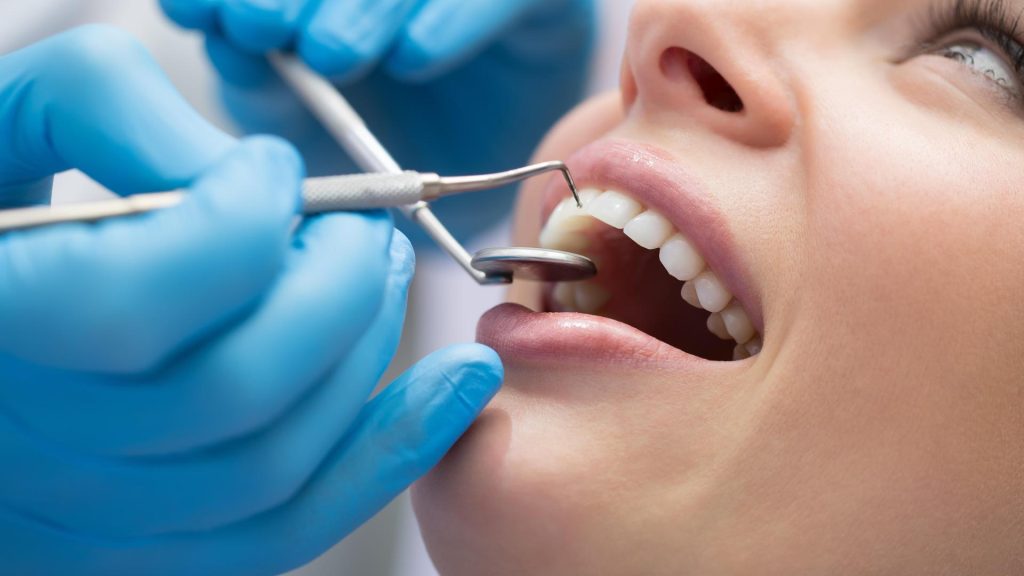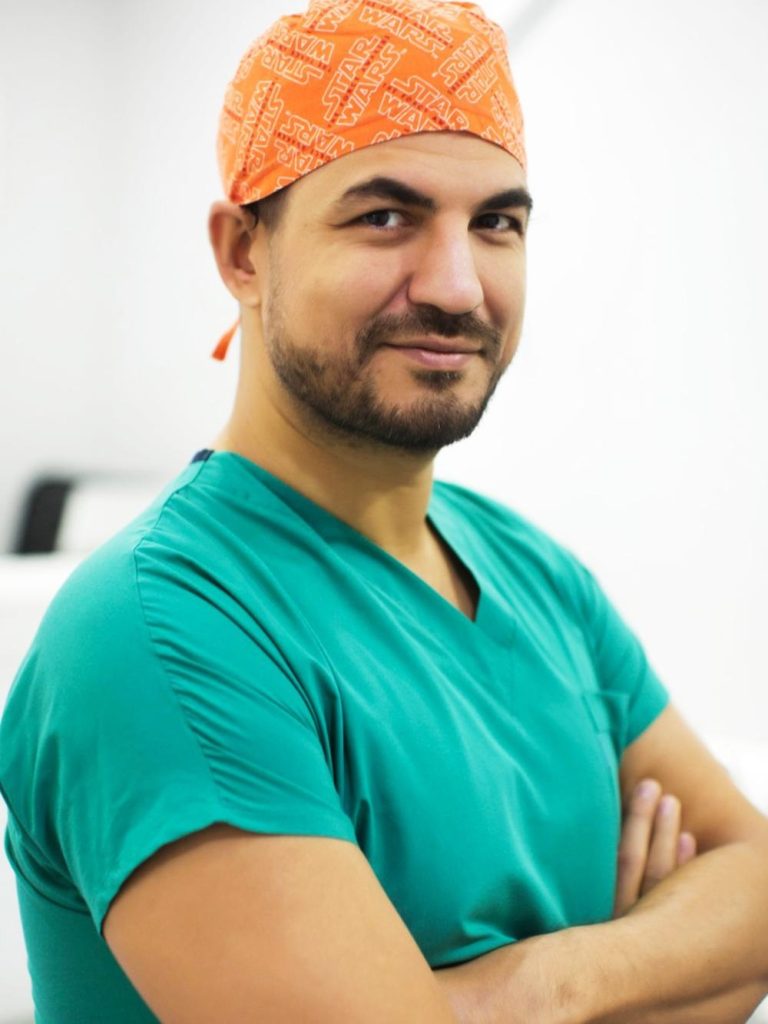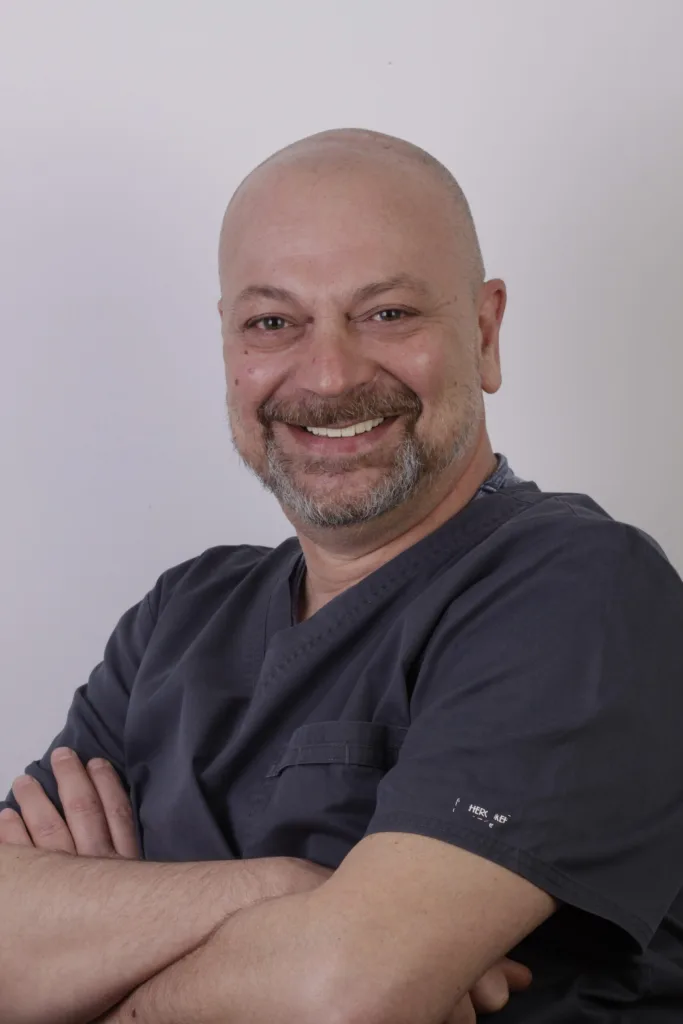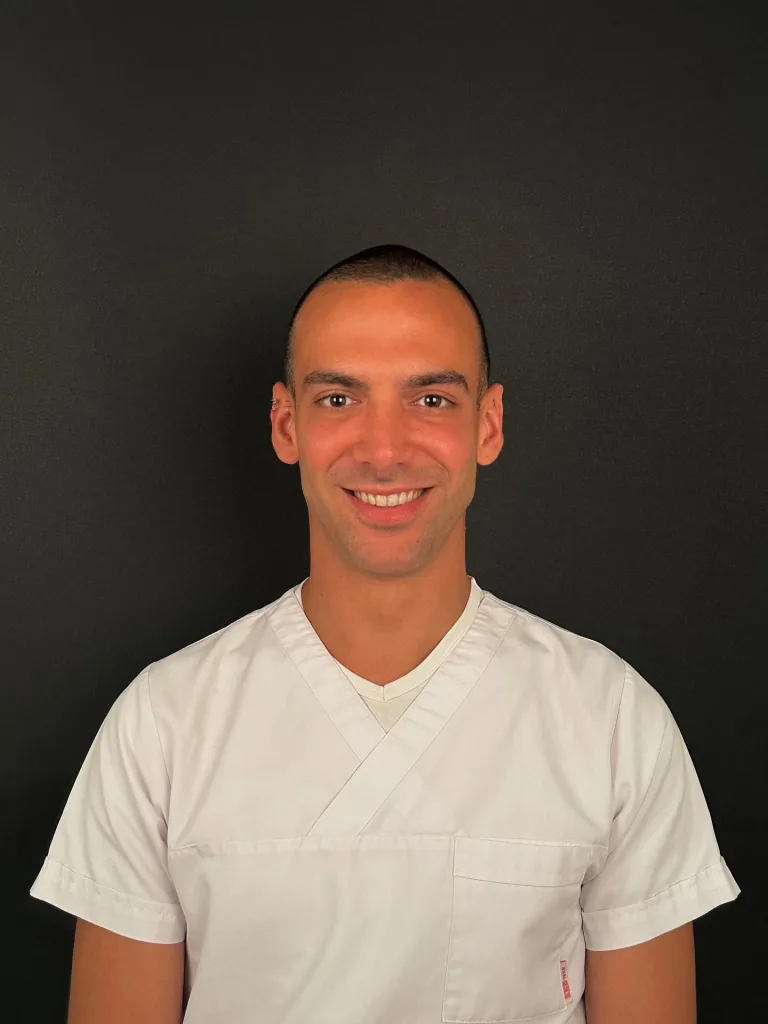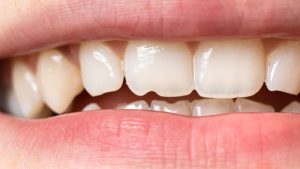Hello! Welcome to our guide to surgical interventions in dentistry. In this post we will be covering the different types of dental surgeries, the prep, what to expect during the surgery, aftercare, risks and complications, recovery, follow up appointments, cost of dental surgeries and alternatives. By the end of this post you will know everything about dental surgeries and what to expect.
Types of Dental Surgeries
Dental surgeries cover a multitude of oral health issues. Here are some of the most common:
- Wisdom Teeth Extraction: Removal of impacted wisdom teeth which can cause pain, infection and misalignment of adjacent teeth.
- Dental Implant Placement: Dental implants are artificial tooth roots surgically placed into the jawbone to support replacement teeth. This is used to replace missing teeth.
- Root Canal Treatment: Root canal treatment involves removing infected pulp from the tooth and sealing the root canal. It’s done to save a tooth that’s severely decayed or infected.
- Gum Surgery: Gum surgery also known as periodontal surgery is done to treat advanced gum disease. It involves removing infected gum tissue and reshaping the gums to promote healing and prevent further damage.
These are just a few examples of the many types of dental surgeries. The procedure that’s right for you will depend on your individual oral health needs and your dentist or oral surgeon’s recommendation.

Prep
Before surgery you need to prepare yourself for a smooth and successful procedure. Here’s what you may need to do:
- Consultation and Evaluation: Your dentist or oral surgeon will do a thorough exam of your oral health and go over the surgery with you. They may take X-rays or do other diagnostic tests.
- Medical History and Medication Review: You need to provide your dentist or oral surgeon with a full medical history and list of medications you’re taking. Some medications like blood thinners may need to be adjusted or stopped before surgery.
- Fasting: Depending on the type of surgery and anesthesia you’ll be getting you may need to fast for a certain period of time before the procedure. This is to prevent complications during surgery.
- Transportation: If you’ll be getting sedation or general anesthesia during the surgery you’ll need to arrange for someone to drive you home afterwards as you may be groggy or unable to drive safely.
Follow these prep steps and you’ll be ready for your dental surgery and minimize the risks.
What to Expect
During your surgery you’ll be in the care of a skilled dental professional who will put your comfort and safety first. Here’s what you can expect:
- Anesthesia: Depending on the complexity of the surgery and your preference you may get local anesthesia which numbs the area being treated or sedation anesthesia which helps you relax or sleep during the procedure.
- Surgical Procedure: The steps of the surgical procedure will vary depending on the type of surgery. Your dentist or oral surgeon will go over the process with you before and answer any questions you may have.
- Monitoring and Support: During the surgery your vital signs like heart rate and blood pressure will be monitored to ensure your safety. The dental team will be there to support you and answer any questions you may have.
- Post-Op Instructions: After the surgery is done your dentist or oral surgeon will give you instructions on how to care for the surgical site and manage the discomfort or swelling. Follow these instructions closely to promote healing.
Remember each surgery is different and your procedure may vary. Be sure to ask your dental professional any questions you may have to understand what to expect.
Post-Op Care
After your surgery proper post-op care is key to a smooth recovery. Here’s what to do:
- Pain Management: Your dentist or oral surgeon may prescribe pain medication or recommend over the counter pain relievers to manage the discomfort. Take them as directed.
- Oral Hygiene: Good oral hygiene is key to preventing infection and healing. Your dental professional will give you instructions on how to clean your teeth and the surgical site.
- Dietary Restrictions: Depending on the type of surgery you may need to follow a soft or liquid diet for a certain period of time. Avoid hard, crunchy or spicy food to prevent irritation or damage to the surgical site.
- Rest and Recovery: Give your body time to rest and recover after surgery. Avoid strenuous activities, smoking and drinking during the initial healing period.
By following these post-op instructions you’ll have a smooth recovery and minimize the risk of complications. If you have any questions or concerns during the recovery process call your dental professional.
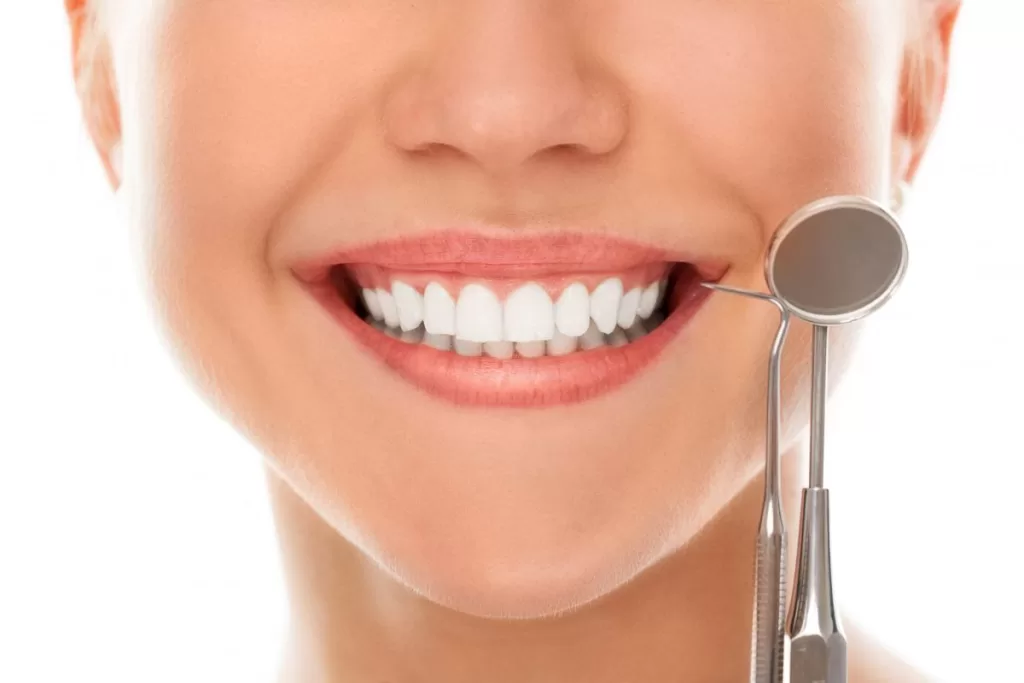
Risks and Complications
Dental surgeries are generally safe and effective but like any surgical procedure there are risks and complications. Some of these risks include:
- Infection: Infection can occur at the surgical site if you don’t follow proper oral hygiene and post-op care. Keep the area clean and follow your dentist’s instructions.
- Bleeding: Some bleeding is normal after surgery but excessive or prolonged bleeding may require medical attention. Apply gentle pressure with a clean gauze pad.
- Swelling and Bruising: Swelling and bruising is common after surgery especially in the facial area. Apply ice packs and elevate your head.
- Nerve Damage: Rarely dental surgery can cause temporary or permanent nerve damage resulting in altered sensation or numbness in the mouth, lips or tongue. This risk is higher for complex procedures.
Talk to your dental professional about the risks and complications before surgery. They’ll give you personalized information based on your situation.
Recovery
The recovery period after surgery varies depending on the procedure and individual. Here’s what to expect:
- Initial Healing: The initial healing period is usually a few days to a week. You may experience discomfort, swelling and limited food options.
- Full Healing: Full healing can take several weeks to months depending on the surgery. Follow your dentist’s instructions and attend all follow-up appointments to monitor your progress.
- Gradual Improvement: Over time you’ll see improvements in your oral health and overall well-being. Be patient and let your body heal at its own pace.
- Monitoring and Follow-up: Your dentist or oral surgeon will schedule follow-up appointments to monitor your healing and address any concerns or complications that may arise.
Remember everyone’s recovery is different so listen to your body and seek professional advice if you have any concerns or questions during the healing period.
Follow-up Appointments
Follow-up appointments are an important part of the surgery process. These appointments allow your dental professional to monitor your healing, address any complications and make any necessary adjustments to your treatment. Here’s what to expect:
- Scheduling: Your dentist or oral surgeon will give you a schedule for follow-up appointments. Attend these as scheduled for best results.
- Examination: During follow-up appointments your dental professional will examine the surgical site, assess your healing and address any concerns or complications.
- Adjustments: Depending on your individual case your dentist or oral surgeon may need to make adjustments to your treatment or provide additional post-op instructions.
Attend all follow-up appointments for best results and to address any issues promptly. If you can’t make an appointment reschedule as soon as possible.
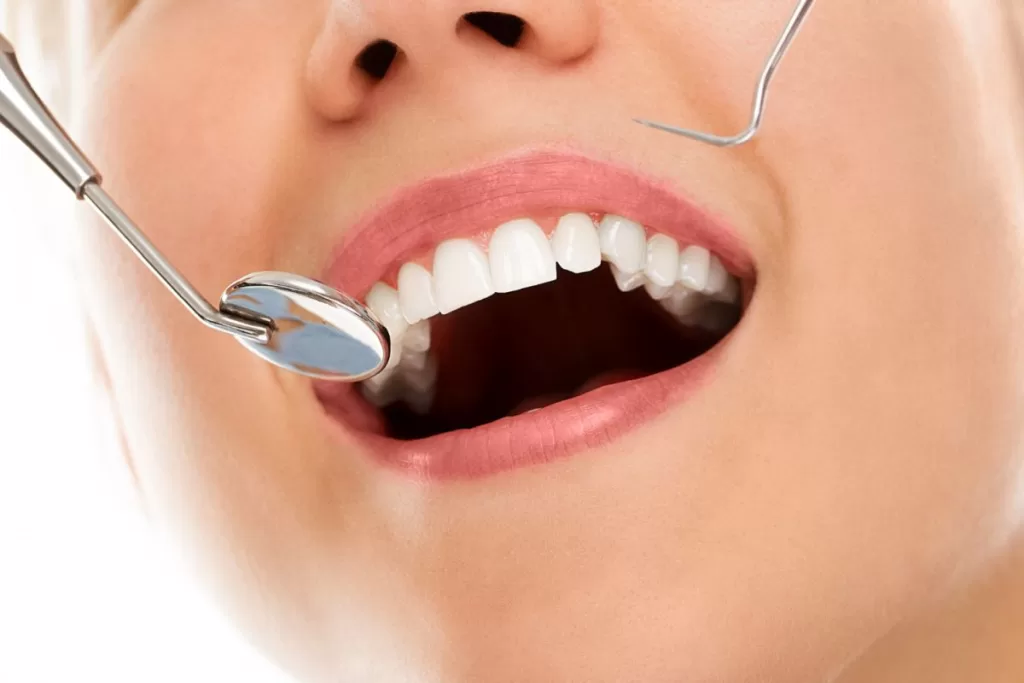
Cost of Surgery
The cost of surgery varies depending on the procedure, location of the practice and any additional treatments or materials required. Here’s what to expect:
- Insurance: Some dental insurance plans may cover part of the cost of certain surgeries. Check with your insurance to see what’s covered and what’s out-of-pocket.
- Payment Options: Many practices offer payment plans or financing to make surgery more affordable. Talk to your dental professional to find a solution for you.
- Value of Oral Health: While surgery may require an upfront cost, it can have long term benefits for your oral health and overall well-being. Investing in your oral health can prevent future problems and save you money in the long run.
Talk to your dental professional about the cost of surgery before you start any treatment. They will give you a detailed quote and help you explore your financial options.
Alternative Options
In some cases surgery may not be the only option. Depending on your oral health needs and preferences your dental professional may recommend alternative treatments. Here are some:
- Orthodontic Treatment: If you have crooked teeth or bite issues orthodontic treatment such as braces or clear aligners may be an alternative to surgery.
- Non-Surgical Gum Disease Treatment: In the early stages of gum disease non-surgical treatments such as scaling and root planing may be enough to get your gum health back on track without surgery.
- Restorative Dentistry: In some cases restorative treatments such as dental fillings, crowns or bridges may be able to solve oral health issues without surgery.
Talk to your dental professional to explore alternative options for your situation. They will give you personalized advice based on your oral health needs and treatment goals.
If you’re considering or having surgery then you should understand surgical interventions in dentistry. By knowing the types of surgery, preparation required, what to expect during surgery, post-op care, risks and complications, recovery, follow up appointments, cost of surgery and alternative options you can feel more confident with your surgery and make informed decisions for your oral health. Remember to talk to your dental professional throughout the whole process.
Book Your Appointment with Genç Dental
If you’re looking for surgical intervention for your dental needs or alternative treatments Genç Dental® is here to support you every step of the way. With a team of specialist doctors and a culture of continuous learning and innovation we’ve helped thousands of people to get healthier smiles. At Genç Dental we offer personalized care that goes beyond borders, we welcome patients from abroad too. Contact us today to book your appointment and start your journey to optimal oral health.
